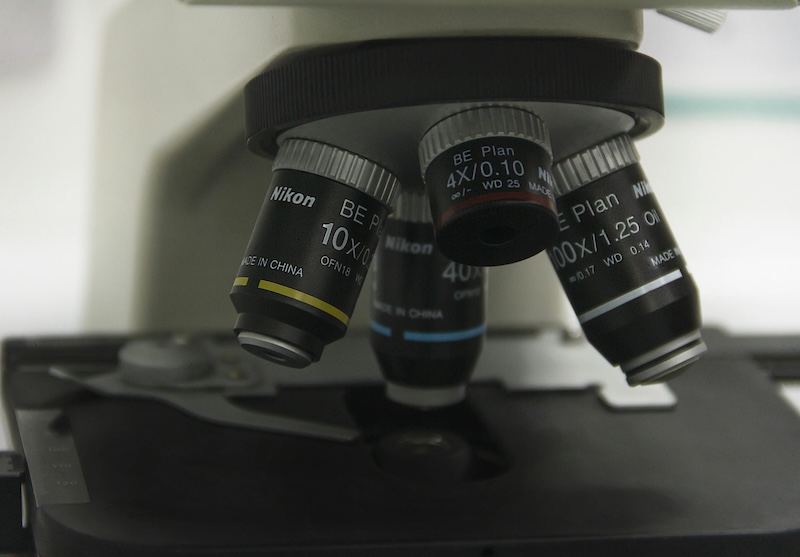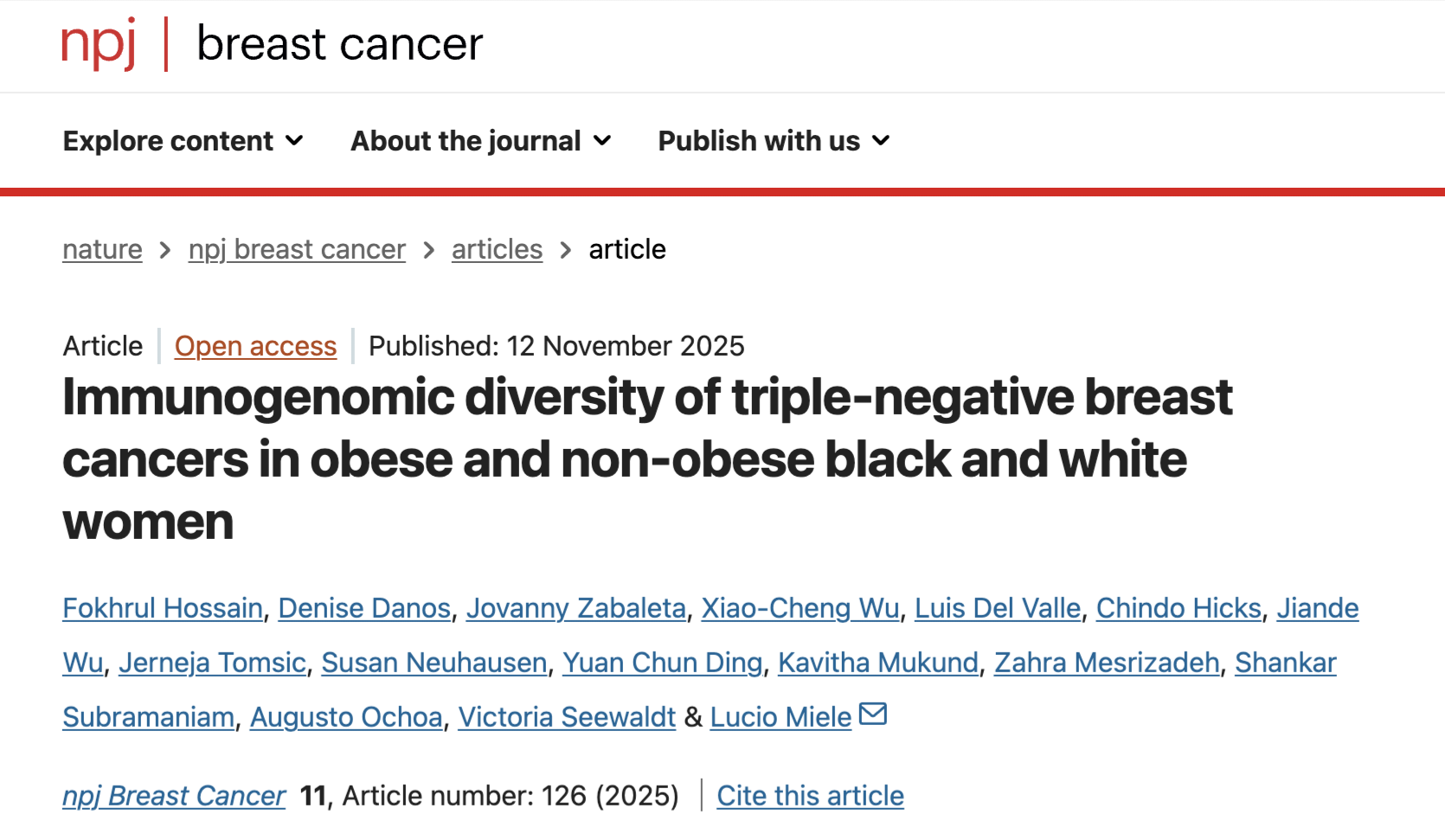
Call for Increased Lung Cancer Screenings
New Orleans, La. (Nov. 1, 2022) – Lung cancer is the number one cause of cancer death in Louisiana and in the United States. “ Despite advances in treatment and successful efforts to reduce smoking, the disease kills more than 350 people in the U.S. each day — but it doesn’t have to be this way.
If all people who should be screened for lung cancer got screened, we can save tens of thousands of lives, and tens of millions of dollars. Lung cancer is so deadly because it is most often diagnosed at an advanced stage when treatment options are limited, and outcomes are poor.
The Louisiana Cancer Research Center has partnered with more than 50 cancer organizations to issue a call to action urging individuals, providers and insurers to increase access to and utilization of low-dose computed tomography (CT) scans for those at high risk for lung cancer. The U.S. Preventive Services Task Force recommends annual screening for people ages 50-80 who have smoked for at least 20 years. However, only 5.7% of eligible Americans were screened for lung cancer before the COVID-19 pandemic — compared to screening rates for breast, cervical and colon cancers that hover between 60% and 80%. And we know screening rates have decreased for all cancers due to the pandemic.
“Early detection is key to reducing lung cancer deaths. We estimate as many as 60,000 lives could be saved each year if the 14.5 million Americans who are eligible received annual lung cancer screening. This would allow us to catch the disease early when curative treatment options are available,” said Jhanelle E. Gray, M.D., statement co-author and department chair and program leader of Thoracic Oncology at Moffitt Cancer Center in Tampa, Fla.
The new effort also aligns with and supports the national Cancer Moonshot initiative, which aims to reduce cancer deaths by 50% over the next 25 years. Lung cancer screening is one easy way to help reach that goal. This call to action provides guidance for national support, including public funding and health policy changes needed to significantly improve lung cancer screening participation.
“We have identified the barriers to lung cancer screening. Now, we need everyone to come together to overcome them. We need a national education and awareness campaign — not just to reach individuals who are eligible for screenings, but also the providers and health educators who should be recommending them,” said Mary Reid, Ph.D., MSPH, statement co-author and chief of Cancer Screening and Survivorship at Roswell Park Comprehensive Cancer Center in Buffalo, NY.
Two major barriers to screening are coverage and access. While low-dose CT screening for lung cancer is covered by Medicare and most private insurance plans, the pre-authorization process can delay the procedure by several days and place an unnecessary burden on community providers. Additionally, a recent study by the American Cancer Society found that at least 5% of those eligible for low-dose CT scans live more than 40 miles from a screening facility — and that percentage jumps to nearly 25% for screening-eligible individuals in rural areas.
“Lung cancer is a significant public health problem in Louisiana and ranks 10th in the nation for lung cancer deaths. Lung cancer screenings and smoking cessation programs can make inroads into these unfortunate statistics in our state,” said Joe W. Ramos, PhD, Director and CEO of the LCRC. “The Louisiana Campaign for Tobacco-Free Living, a program of the LCRC, offers effective programs, including 1800-QUITNOW, to help smokers kick the habit and reduce their risk of lung cancer.”
Together, we have an unprecedented opportunity to drive down cancer deaths by taking advantage of a tool that is effective, noninvasive and inexpensive. We urge people to talk to their physicians about lung cancer screening or to take advantage of resources such as the American Lung Association’s screening eligibility quiz or GO2 Foundation for Lung Cancer state-by-state screening center directory.
About the LCRC
The mission of the Louisiana Cancer Research Center (LCRC) is to reduce the impact of cancer across Louisiana and the Gulf region through locally focused high impact cancer research, patient care, education and community outreach and engagement done in alignment with our unique cultural, ethnic, and environmental characteristics. LCRC brings together the collective talent of more than 200 researchers from four institutions – Tulane School of Medicine, LSU Health New Orleans, Xavier University of Louisiana, and Ochsner Health – to improve cancer outcomes for Louisianans and all those touched by the disease.
# # #




